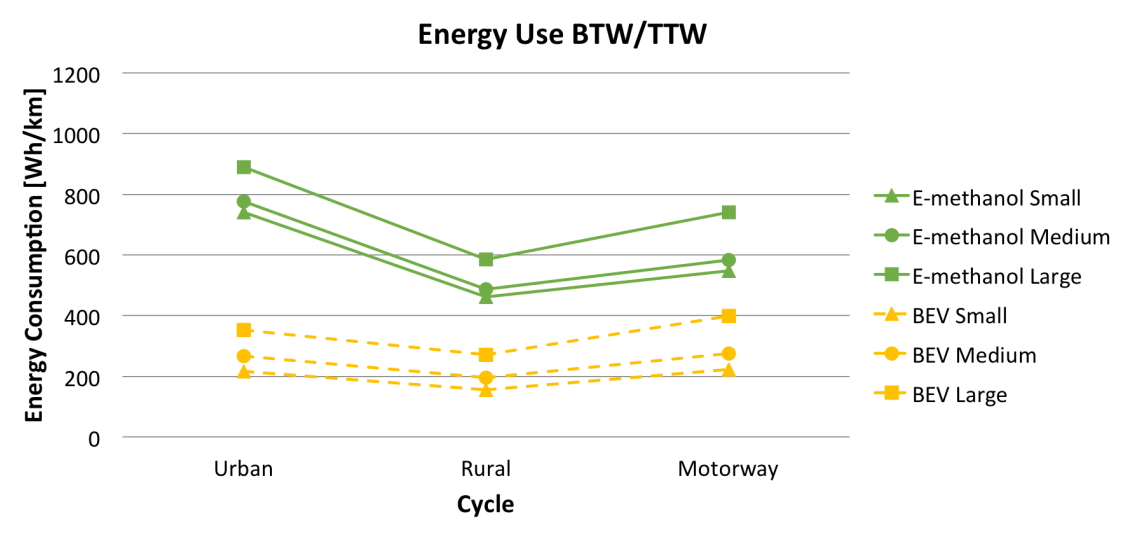Quote:
Originally Posted by aerohead

1) If the Model 3 were already 'optimized' for mass, arbitrarily lightening it would have the potential to lower its overall efficiency in an urban setting, the exact context of the Master's Thesis on page -26. There is no contradiction.
2) The Thesis is discussing overall efficiency. All other mass-related potentialities are encompassed within their use of 'efficiency.' It could not be more clearly spelled out. Net efficiency.
3) It's impossible to contradict an ' assertion' when no one is in possession of the facts which would prove the correctness about how a Tesla Model 3 'might' perform at lower mass. It's pure speculation.
|
This, exactly (emphasis added):
Quote:
Originally Posted by Isaac Zachary

Of course, and this has already been brought out, more efficiency doesn't mean better total efficiency or better miles per kWh, etc. A lighter Model 3 will get better miles per kWh even if regen efficiency drops.
|
This is
exactly what the paper shows, in these two charts which I posted previously:


Even though BTW efficiency is slightly lower for the lighter EV,
its overall efficiency measured in Wh/kilometer is better than the heavier EV.
As I pointed out before, you seem to be confusing the definition of "efficiency" in the paper (percentage of stored energy that makes it to the wheels) and "efficiency" meaning the amount of energy required to travel a given distance.